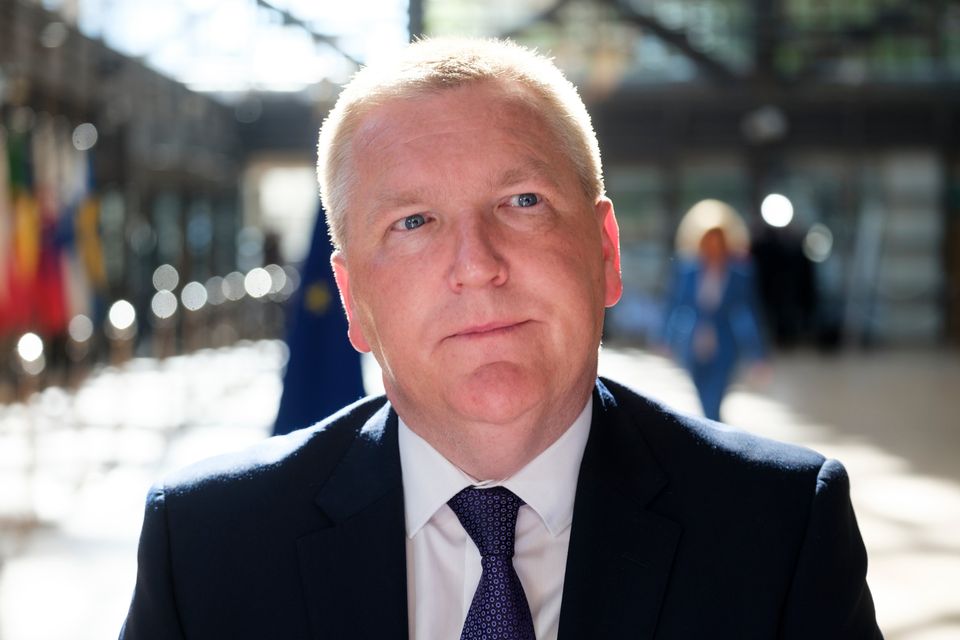
Michael McGrath has been announced as new EU justice commissioner. Photo: Getty Ursula von der Leyen was deemed an “accidental head of commission” at her first nomination in 2019. Since then, she has stood up well to crises such as Covid and the war in Ukraine, though she was damaged by her stance on the Gaza conflict.
The former German defence minister is often compared with the standout commission president, Jacques Delors, father of the border-free single market and single currency during his term from 1985 to 1995. Now the most politically charged replacement of the EU’s policy-guiding commission has taken an important step forward as Von der Leyen has given the 26 commissioners their jobs for the next five years. Ireland has a middle-ranking portfolio, with scope for its nominee, former finance minister Michael McGrath, to show results as justice commissioner.

The European Commission is sometimes compared with a national government, with individual commissioners styled as ministers responsible for the various areas of policy. However, an important difference between the two political entities has been on display since Von der Leyen was ratified for another term by the European Parliament in July. That important national-to-EU difference is that, while national heads of government get to pick their own ministerial team and assign the individual responsibilities, the commission president has to live with various nominees from the member states, so the president’s real power here is in the allocation of portfolios.
Among the priorities outlined by Von der Leyen was maintaining the equal male-female balance she achieved for the previous team; but many member states, including Ireland, exercised their legal right to ignore her request for a choice of both a male and female nominee to help with this aim. The three-party Coalition nominated McGrath, and stuck with its decision. Von der Leyen lobbied various capitals, suggesting a female nomination could result in a more heavy-duty portfolio.
In the event, she succeeded in getting a female-male balance up to 40pc to 60pc. There was also huge political lobbying on portfolios, with up to 20 of the 27 member states seeking one with major economic input. The Irish Government had to make the best of the allocation of an important but hardly tip-top portfolio.
McGrath has the opportunity to make a name for himself in his primary duty of upholding the rule of law and judicial independence, which will inevitably bring him into conflict with the chief transgressor, Viktor Orban of Hungary, among others. His other responsibilities may well be of more immediate interest to Irish people, including consumer rights, privacy and the fight against misinformation. Meanwhile, Von der Leyen’s team faces huge challenges over the next five years with supporting Ukraine, reframing European defence and improving the EU’s ability to compete with the US and China.
Unlike Delors, the president will not be able to rely on a strong Franco-German alliance to support her work. Join the Irish Independent WhatsApp channel Stay up to date with all the latest news.














